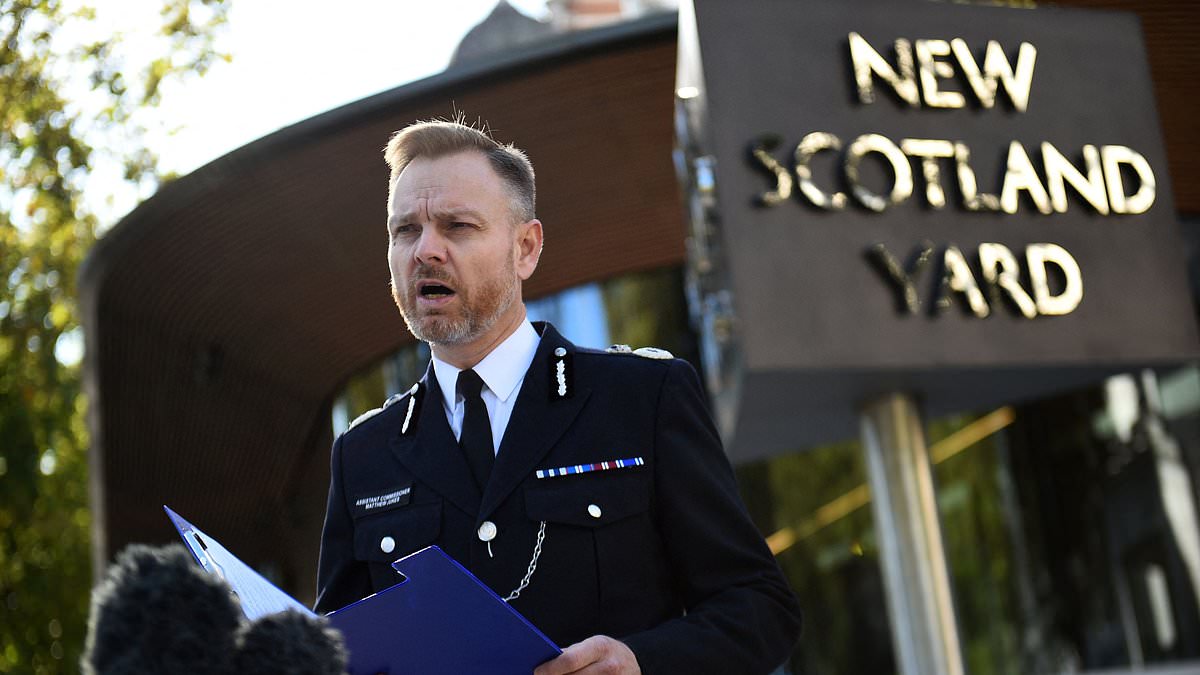Children under the age of ten are being reported to counter terrorism police because of extremist material they are seeing on social media, a top cop warned.
Matt Jukes said British primary school children are being referred to the specialist officers by parents and teachers who are worried about what the youngsters can see online.
The head of counter-terror policing also raised fears of end to end encryption messaging likening it to ‘switching a nightclub’s CCTV off’.
Data for arrests for terrorist offences revealed one in five suspects was under the age of 18 this year.
There are concerns that children’s online activity is difficult to monitor and will become harder to so if sites such as Facebook introduce technology which will make it hard to monitor what is being said.
Mr Jukes said: ‘The reality is: it is like running a nightclub and saying, we are going to switch the CCTV off because we don’t want to see what happens inside and we definitely don’t want a record of it,’ he said.
‘If you go to complete end-to-end encryption, you’re basically taking your hands off any sense that you are responsible for the content.
‘Now I don’t want to be part of a state that can see everything that’s passing through those pipelines. But I do want people to think about the technology that will sit on top of those pipelines to detect when indecent images of children or terrorist content is passing through it.’
Of the 7,000 people reported to counter terrorism police each year, 3,500 are classified as young people- that is under the age of 18.
Home Office figures revealed that arrests for children has rocketed in the last decade.
In 2014, under 18-year-olds accounted for just 2.4 per cent of arrests but now that figure is 18.9 per cent.
Alarmingly the Home Office statistics also show that children are the most likely of any age group to be convicted for terrorist offences.
Children accounted eight out of 19 people convicted for terrorist offences up until March of this year.
Speaking to the BBC’s Newscast programme he said: ‘Now, we are not suggesting those kids are terrorists, but what it means is that people know they are being exposed to that content.’.
Mr Jukes added: ‘You have the combination of the overt social media and then closed messaging apps. Some of those are not that closed. You look at the scale of the groups involved.
‘They are quasi platforms in their own right. That is the big connector. That is why you see children involved in terrorism.
‘I have been in and out of this work for over 20 years. We would never have seen 12 and 13 year olds exposed to the kinds of things they are now exposed to.
‘Social media, messaging apps, that connectivity is really impacting homes, in communities and, as we have seen over the summer, on the streets.’
